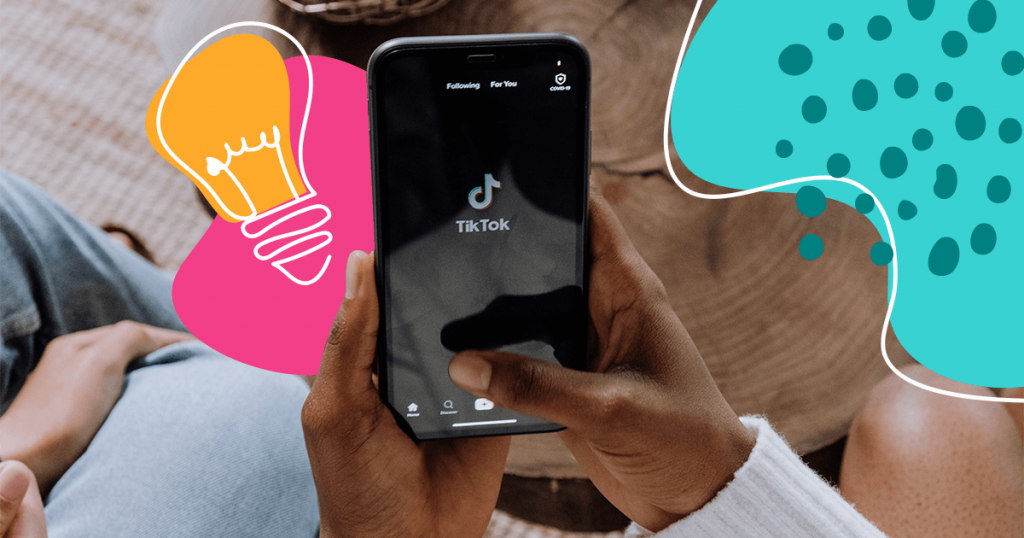TikTok and YouTube are the two social media apps that track most users’ personal data, according to a recent URL Genius research.
To reach this conclusion, the marketing company used Apple’s new “Record App Activity” feature, which allows users to know which apps communicate to diverse networks, saving a summary of data, sensor, and internet access by app, and made a research across 200 apps and 20 different app categories to find out how they track users’ personal data.
YouTube — owned by Google — made the most contacts with first-party networks (71%) and TikTok — owned by ByteDance — mostly with third-party trackers, which raises many doubts regarding privacy and security.
In this article, we explore the results of this study and some concerns around data privacy that involve users, companies, and marketers.
What are the key discoveries?
URL Genius research showed that the average number of contacts for social media apps is 6. However, YouTube and TikTok were above this number, with 14 network contacts respectively.
It is worth noting that the study estimated how many different domains track a user’s activity over the course of one visit, before logging into an account, so the number may increase for the users who are logged into accounts, according to the study.
YouTube
For YouTube, 71% of the trackers were first-party network contacts. This implies the data collection is for its own purposes, frequently to serve relevant ads to the users. The rest of the contacts (4) were from third-party domains.
TikTok
TikTok, on the other hand, showed more concerning results, 13 of the 14 network contacts were from third-parties, and the tracking happened even when the users didn’t allow tracking in the app settings.
This means they can gather information from when you open the app and before you even sign up. This includes and it’s not limited to information like your location, IP address, the device you are using, search history, etc.
According to the research, “Consumers who have not granted permission to be tracked will be alarmed by the number of 3rd party networks contacted by apps – even with minimal app use”.
The risk of third-party: what are the privacy concerns?
Since we are talking about third-party network contacts, you may wonder, why is this so problematic? The answer is: there are many questions unsolved.
- Who is tracking this data?
- What data is shared and how will it be used?
- What about the activity tracking to other sites after leaving the app?
Further, the consumers can’t disable the potential trackers, so if they want to avoid this, their only alternative is not to use the app.
Data privacy scandals: this is not the first time
This is neither the first nor the last scandal related to data privacy. In the past, companies like Google and Facebook have also been involved in controversy over “unfair marketing practices” that have severely affected their brand image.
One example is the Cambridge Analytica scandal, in which the personal data of millions of Facebook users were collected without consent and then used for political advertising. Since then, Mark Zuckerberg’s company has faced many challenges to gain the trust of online users. In 2021, according to the “US Digital Trust Benchmark Report”, the social network platform was considered the least trustworthy for the second year in a row.
Another case is Google, which in January 2022 was sued in the US over deceptive and unfair practices to obtain user location data, and has been linked to other relevant data scandals.
Is user tracking the only way to obtain relevant data?
Data collection has become the focus of the conversation among social media users in the last few years.
Furthermore, with the implementation of new privacy regulations around the world, users are increasingly interested in topics such as customer data ownership and the processing of their data.
One example is Apple, which launched the App Tracking Transparency to request permission from users before tracking them across other apps and websites.
So, is user tracking the only way to generate effective marketing strategies? The answer is no.
We know how essential data is for your digital marketing efforts! However, now more than ever, companies must explore other ways to reach their audience and reconsider technology as a way to serve the user and improve their experience, instead of affecting it. Privacy matters! So companies need to reconcile business and privacy demands.
To reach that goal, we recommend you use first-party data strategies and tools that can comply with privacy and transparency requirements. This will be key to strengthening customer relationships and increasing brand value through trust.
Of course, this process will take time, but the shift will be urgent to upgrade your strategies, now that users can see for themselves how many networks the apps they use are sharing data with.
If you liked this content, subscribe to our newsletter to receive our best articles directly in your inbox!







